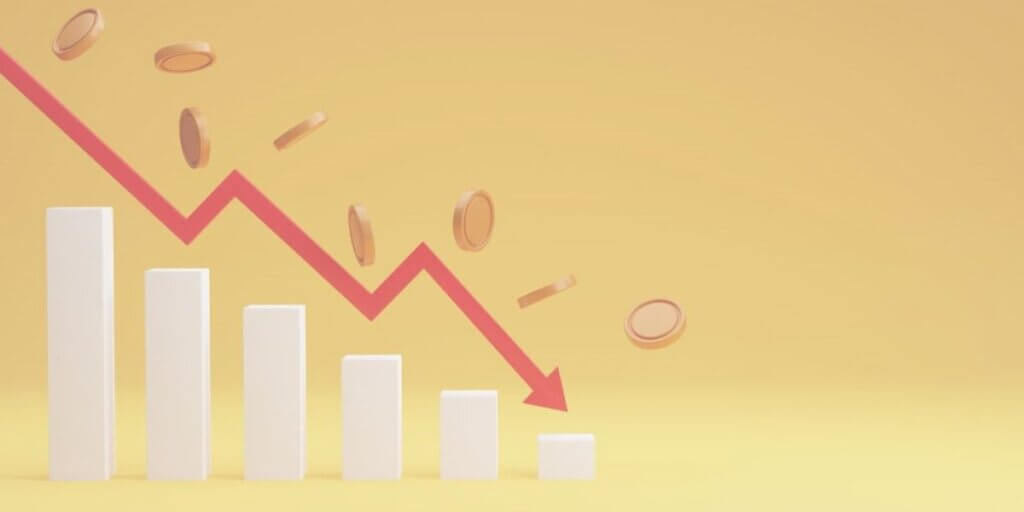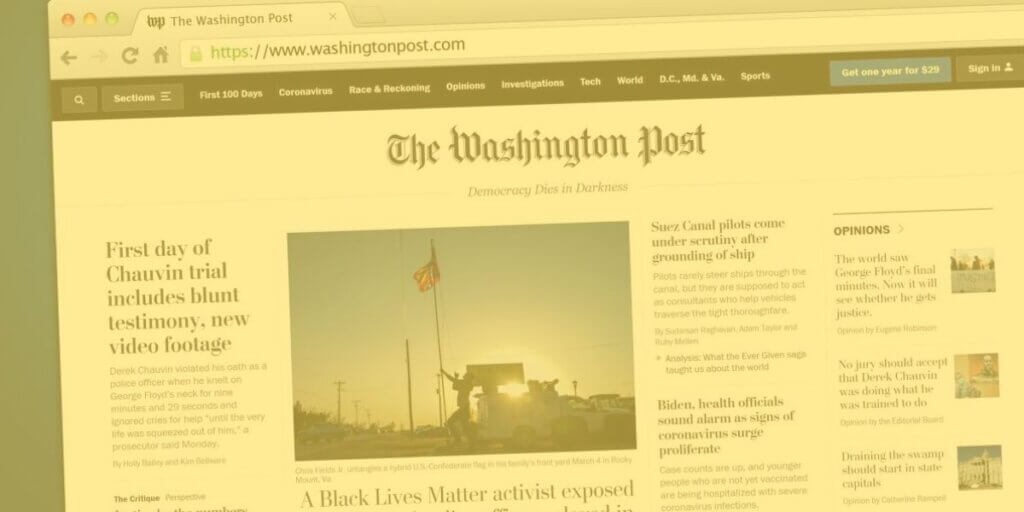Table of Contents

About the author
Rosslyn Elliott
Watch our provider review videos
Video ReviewsWhich speed do I need?
Tell us what you use Internet for
How many users?
Google issued a statement last Friday responding to growing criticism of its new AI Overviews feature. The company admits there were some early mistakes but claims the technology will greatly improve search in the long run.
Google Acknowledges Errors, Promises Improvements
“We recognize there have been some erroneous and unhelpful responses generated by AI Overviews, especially in the first days after launch," said Liz Reid, VP of Google Search. “We’re taking that feedback seriously and have already made over a dozen upgrades to limit inaccurate information and inappropriate content."
AI Overviews, which Google revealed at its yearly I/O developer conference this month, gives AI-created summaries at the top of search results for some complex searches. This new feature puts Google in the middle of the intense race over generative AI, as tech giants rush to add the technology to their products.
However, AI Overviews had a rough start. Users quickly found and shared examples of the system giving false, nonsensical, or even dangerous information – like telling people to put glue on pizza or giving incomplete advice about how to identify nonpoisonous mushrooms.
Reid says many of the worst mistakes happened because the AI misunderstood satirical content and user posts as facts.
“Our systems do not simply make up information, but aim to synthesize high-quality information from authoritative sources across the web," explained Reid. “That means when there isn’t yet much good online content on a niche topic, the AI can sometimes elevate low-quality pages."
In response to the backlash, Google temporarily turned off the AI function for many of its searches, as reported by the New York Times on June 1.
Now, Google says it has improved its AI. The company claims AI Overviews is better at detecting and removing satirical content, limiting responses on sensitive topics like health, and following its existing content policies.

Glue cheese to pizza?
Concerns Over AI’s Impact on Web Traffic and Content Creators
Worries remain about the future effect of generative AI on the digital information ecosystem. Some websites have reported major traffic losses after AI Overviews and other recent Google Search updates. They fear the changes in Search will steal visitors and advertising revenue.
Technology journalist Chris Stokel-Walker noted the problems that AI Overviews will create in an interview with ABC News. If Google gives an AI-generated summary top-of-page placement ahead of its usual search results list, then many websites will lose their previous click-through traffic and the money it brings with it. “These websites…do need to have a way of making income, because otherwise, there’s nothing for those AI-generated search results to be based on,” Stokel-Walker said.
Katie Berry owns a website that provides house-cleaning advice. Berry told the BBC that she is concerned users will just stop their searches if Google’s AI answers their questions.
Berry’s site traffic fell after Google started testing its new AI. “My site had more traffic in its first months of existence than it gets now, even though my rankings have not changed all that much," Berry said.
Google counters with positive claims, such as Liz Reid’s blog post stating that “AI Overviews get more clicks than if the page had appeared as a regular web listing for that search." But the company hasn’t provided data to back up that claim, causing doubt from publishers and creators.
And even if click-throughs increase for those three websites lucky enough to be included in the AI Overviews, the websites below the overview may suffer significant losses. Those extra clicks going to the links under the Overviews may be clicks taken away from other sites.

Search changes may hurt businesses
Google’s Challenging Pivot to Generative AI
The controversy shows the high-stakes and difficult nature of Google’s race to develop generative AI. The company is trying to fend off rising competition from rivals like Microsoft and OpenAI. While Google has been studying the technology for years, it’s moving carefully with public products after a series of AI mistakes hurt its reputation.
In February, Google revealed an AI chatbot called Gemini, but glitches and wrong responses led the company to immediately pause access. Similar issues forced a delay of its image generation tool.
Industry watchers say Google faces huge pressure to move fast into the generative AI space or risk losing its dominance in search. But errors and poor judgment may lose the trust it has built with billions of users.
Critics Warn of Extinction-Level Event for Web Publishers
Thomas Germain at BBC.com proposes that Google’s AI Overviews could trigger an “extinction-level event" for businesses that produce much of the web’s original content.
Lily Ray, VP of SEO Strategy at Amsive, accused Google of “committing war on publisher websites" and said the company’s recent changes were especially devastating to small bloggers. “I’ve talked to so many people who’ve just had everything wiped out,” Ray said to the BBC.
Google continues to assert that it is proceeding carefully and ethically with its AI efforts. “AI is a transformative technology, but it’s critical that we get it right," said Reid in her blog post. “Providing high-quality, trustworthy information has always been core to Google’s mission and values. That isn’t changing."
Journalists Predict Radical Shift in Google’s Business Model
But for many experts, Google’s claims of good intentions ring false because of the potential economic damage looming for web creators and businesses.
Casey Newton of the Hard Fork tech podcast from the New York Times attended the Google IO conference in mid-May, where he heard the pitch for how AI Overviews would work.
Afterward, Newton lost his usual sense of humor when describing the likely effect of AI Overviews on the digital economy.
“There was this phrase they used a couple times at the keynote," Newton said on the podcast. “They said, ‘Let Google do the googling for you,’ and it struck me so hard because the implication is that being on the web is a chore, and the Google of the future is not going to take you to the web. Google is going to give you everything you need on Google itself," Newton said.

Will web publishers go bankrupt?
Will Google Undermine the Future of the Digital Economy?
Keeping traffic on Google instead of sending it to other websites is a big change from how Google has always done business.
Google’s huge control over the digital economy came from directing internet searches to other websites. Those other websites made money through that internet traffic. If Google stops sending internet traffic to third-party websites, the digital economy doesn’t work anymore.
The launch of AI Overviews and Google’s bigger move toward generative AI has caused anxiety across the tech industry. Google says AI has the potential to improve and simplify search. But many publishers and content creators worry about being left behind in a new world where traffic and revenue are increasingly kept on Google’s own properties.
As Google races to keep up with competitors in generative AI, it faces a tricky balancing act. The company believes it must innovate and improve its services to keep its top spot in search. At the same time, it has to be careful not to destroy the wider ecosystem it has helped to create over the past 20 years.
Google is also fighting several antitrust lawsuits, including one from the U.S. Department of Justice accusing it of running an illegal monopoly in the search engine industry. If Google loses the case, possible penalties range from massive fines to a forced break-up of the company.
The next year or two will be critical. Google must deliver on the promise of AI while avoiding destructive effects on web-based businesses and publishers. The company may also face a break-up from the monopoly lawsuits. With the stakes higher than ever, the future of Google Search will be crucial to the health of the digital economy.

About the author
